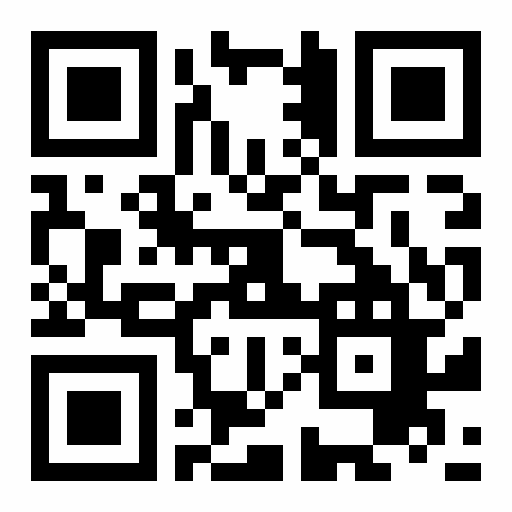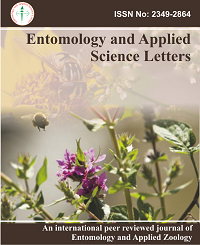
Applied Science Letters


Background and Objective: Managers play an important role as influential elements in the provision of therapeutic services and increase the function of the organization and its institutionalization. Knowledge about their attitudes and skills in emotional intelligence and organizational culture is very important. Therefore, this study aimed to investigate the relationship between emotional intelligence and attitudes of organizational culture in managers of hospitals affiliated to Ahvaz Jundishapur University of Medical Sciences in 2019. Materials and Methods: in this descriptive-analytic cross-sectional method study, the study population included all managers of the teaching hospitals (N=120) of Ahvaz Jundishapur University of Medical Sciences. Data were collected using the Sumo’s Emotional Intelligence Questionnaire (α = 0.93) and Hofstede’s Organizational Culture Questionnaire (ά = 0.73). Spearman, Mann Whitney, Kruskal-Wallis correlation tests were used to analyze the data in SPSS version 21. Results: There was a direct and significant relationship between emotional intelligence and organizational culture (r = 0.71); similarly, there was an inverse and significant relationship between emotional intelligence and masculinism-feminism culture (r = - 0.24); there was no significant relationship between emotional intelligence and other organizational culture scales, including individualism-collectivism culture, trust-risk culture, and the culture of the distribution of equitable and non-equitable power did not show any significant relationship. Conclusion: In teaching hospitals, in order to improve the quality of services, the growth and increase of individual and professional capabilities of individuals considering the relationship between emotional intelligence and organizational culture, as well as the effectiveness and impressionability of some components of emotional intelligence from organizational culture, education of all emotional intelligence indicators are recommended.
Hadadi K, Rahmani AA, Azari R, Ahmadi F. The comparative analysis of the relationship between exciting intelligence, psychological health and educational progress among shah0ed and non-shahed students of Tehran University. [Dissertation]. Iran. Tehran. Faculty of Psychology, University of Tehran. 2007. [In Persian]
Rogers P, Qualter P, Phelps G, Gardner K. Belief in the paranormal, coping and emotional intelligence. Pers Individ Dif. 2006; 41(6): 1089-1105. [In Persian]
Mokhtaripour M, Siadat A. Management and Leadership with Emotional intelligence. Tadbir 2005; 165:18-20. [In Persian]
Goleman D, Boyatzis R, Mckee R. Primal leadership: realizing the Power of emotional Intelligence. Boston: Harvard Bussines School Publishing; 2002. PP.98-100.
Goleman, D. Leader ship that gets results. Harvard Business Review 2000, 8(2): 88-100.
Robbins S. organizational behavior, 9th ed. Prentice hall, Inc 2002.
Abraham, R. Negative affectivity: moderator or confound in emotional dissonal outcome relation, 2007.
Dear born K. Studies in EI redefine our approach to leadership development public personal Management 2003. Available at: www.findarticles.com
Shogi, B., Agajani, T., Motazavi, S. Mediating Effect of Organizational Culture on the Relationship between Managers' Leadership Style and Employees' Creativity 2013; 7(26): 93-124. [In Persian]
Mokhtari Pur M, Siadat SA, Amiri S. The relationship of emotional intelligence and leadership performance in educational group leaders of The University of Isfahan. Journal of Foundations of Education 2007; 8(2): 95-110. [In Persian].
Smircich L. concepts of culture and organizational analysis Administrative Science Quarterly. Management Journal 1938, 35: 1036-1056.
Martins, E, C. Blanche, F. Building organizational culture that stimulates creativity and innovation, European. Journal of innovation Management, 2003, 6(1): 64-74.
Ahmadi SAA, Mobaraki H, Daraei MR, Salamzadeh Y. Analyzing the relationship between organizational culture and personnel's creativity in the ministry of health and medical education. J Shahrekord Univ Med Sci 2011; 13(4): 28-34.
Faraji-Khiavi F, Sharifi S, Moradi-Joo E. The Relationship Between Effectiveness of Knowledge Management Practices and Social Capital from the Managers' Viewpoints in Teaching Hospitals of Ahvaz in 2015. JRUMS. 2017; 15 (11) :1049-1060 [In Persian].
Samouei R. Standardization Emotional Intelligence Questionnaire. Sina Research Institute, Tehran. 2002. [In Persian].
Yarmohammadian MH, Dehghan Baghbadrani A, Tabibi SJ. Organizational culture in health systems. 1st ed. Isfahan: Fine Art Publishing; 2006. [In Persian].
Moshabaki A, Kh.Shojaei V. The Relationship of Emotional Intelligence of Managers and Organization Climate with Organizational learning (Case Study: National Iranian Oil Company). Applied Sociology 2009; 20(3): 51-74. [In Persian].
Andriopoulos C. Determinants of organizational creativity: a literature review. Management Dec 2001, 39 (10): 834-840.
Martins, E, C. Blanche, F. Building organizational culture that stimulates creativity and innovation, European. Journal of innovation Management, 2003, 6(1): 64-74.
Weinhua, N. Individual and environment influences on Chinese student creativity PhD, Yates university, 2003.
Ahmadi SAA, Mobaraki H, Daraei MR, Salamzadeh Y. Analyzing the relationship between organizational culture and personnel's creativity in the ministry of health and medical education. J Shahrekord Univ Med Sci 2011; 13(4): 28-34. [In Persian].
